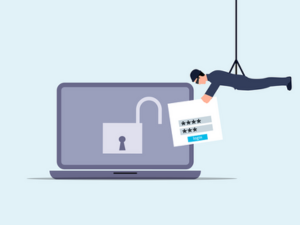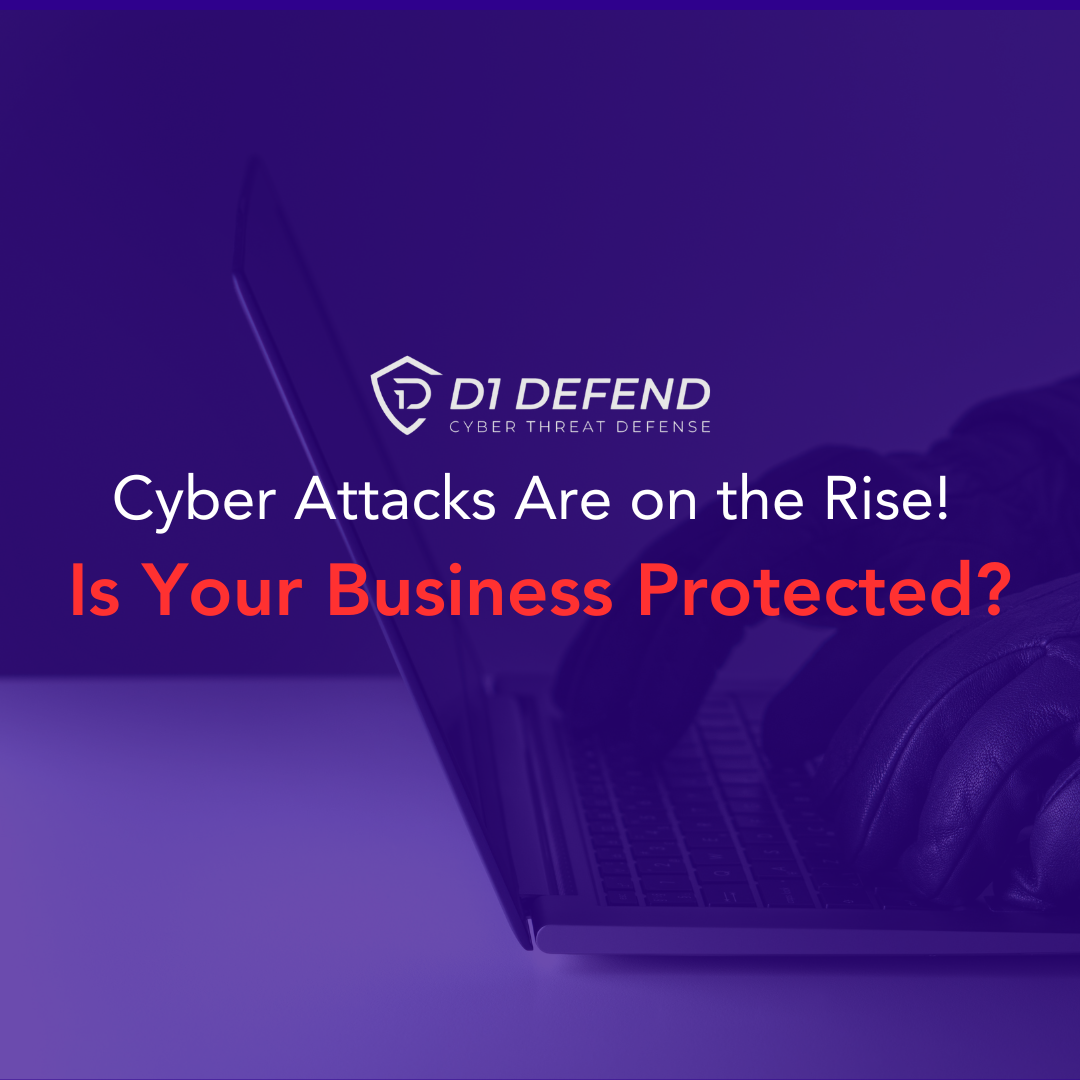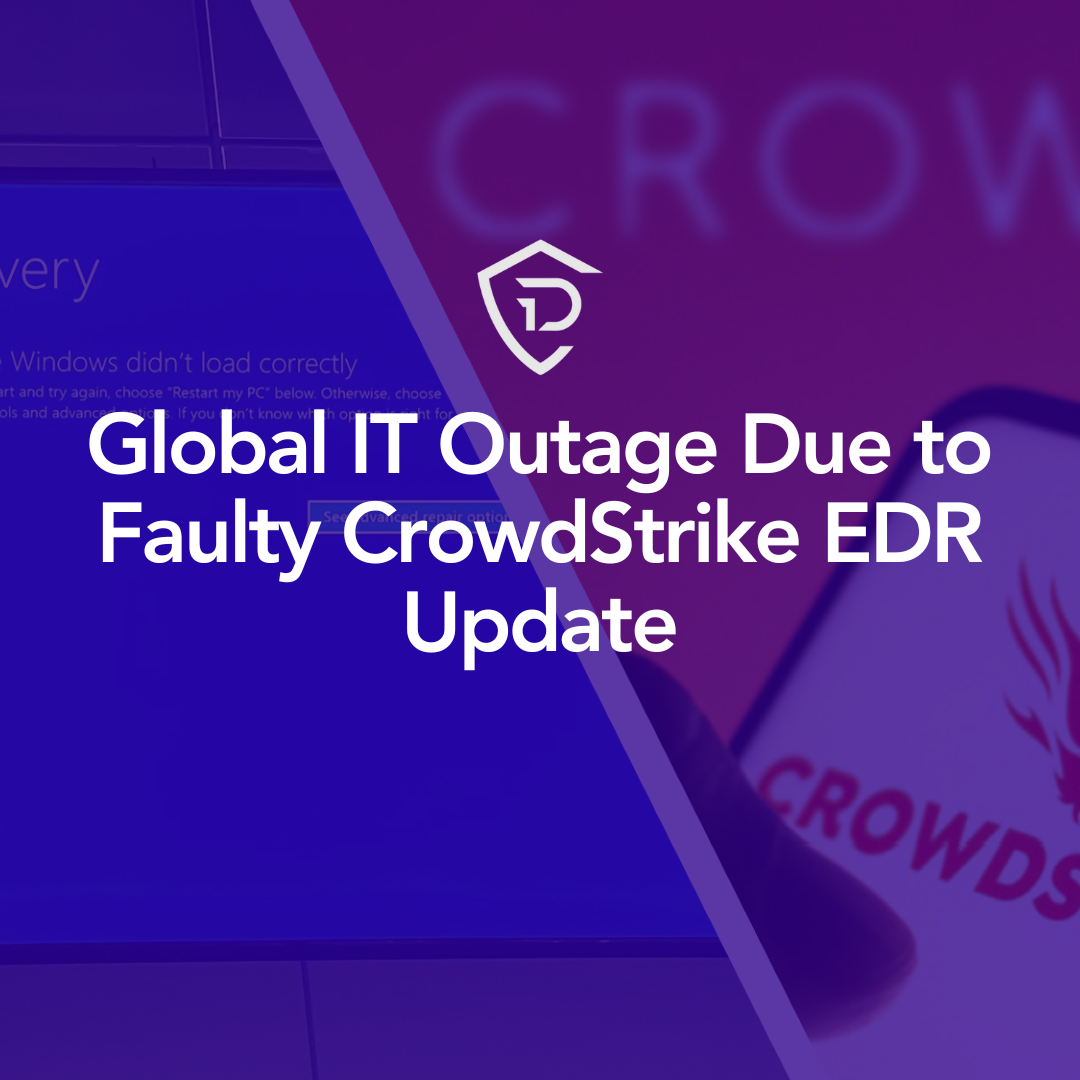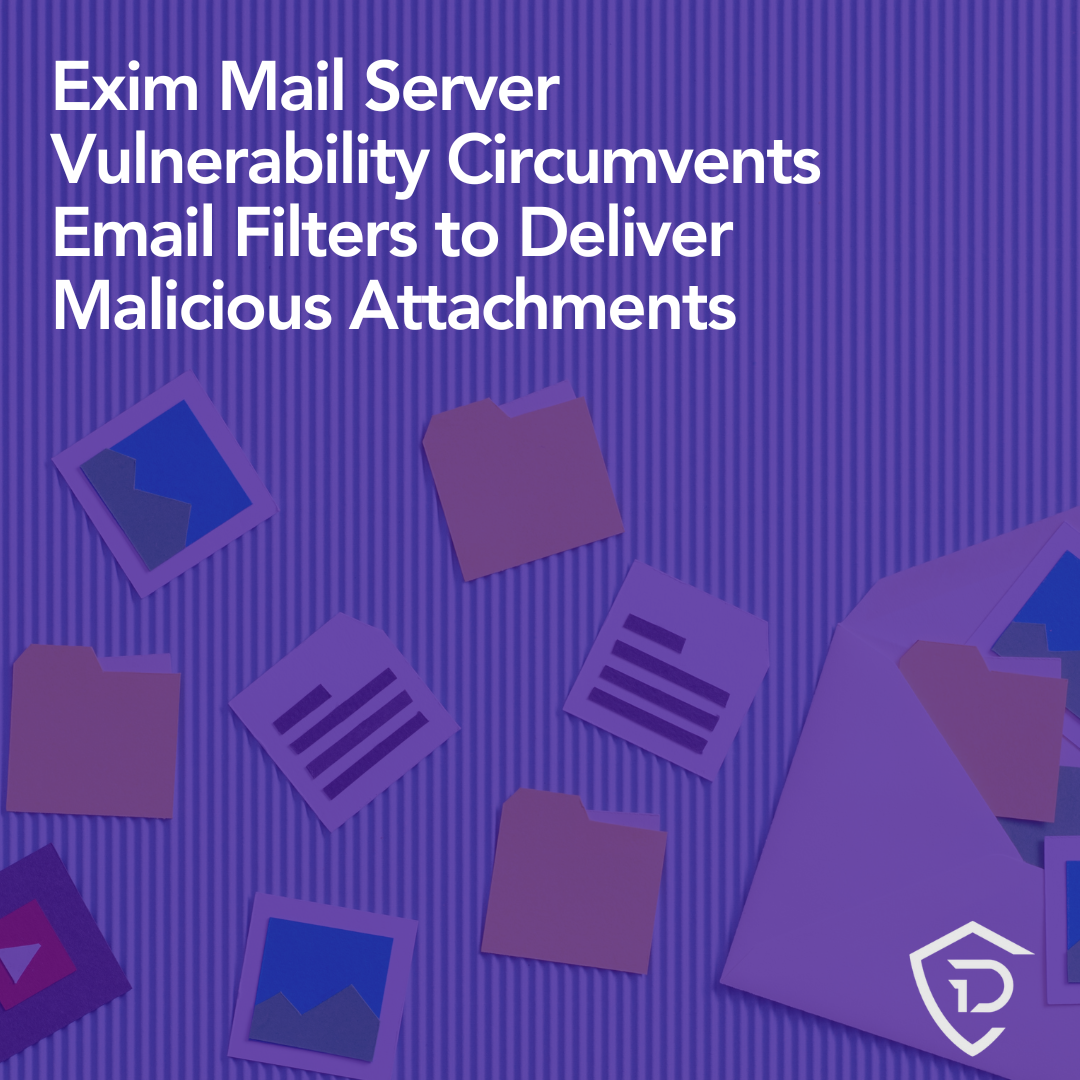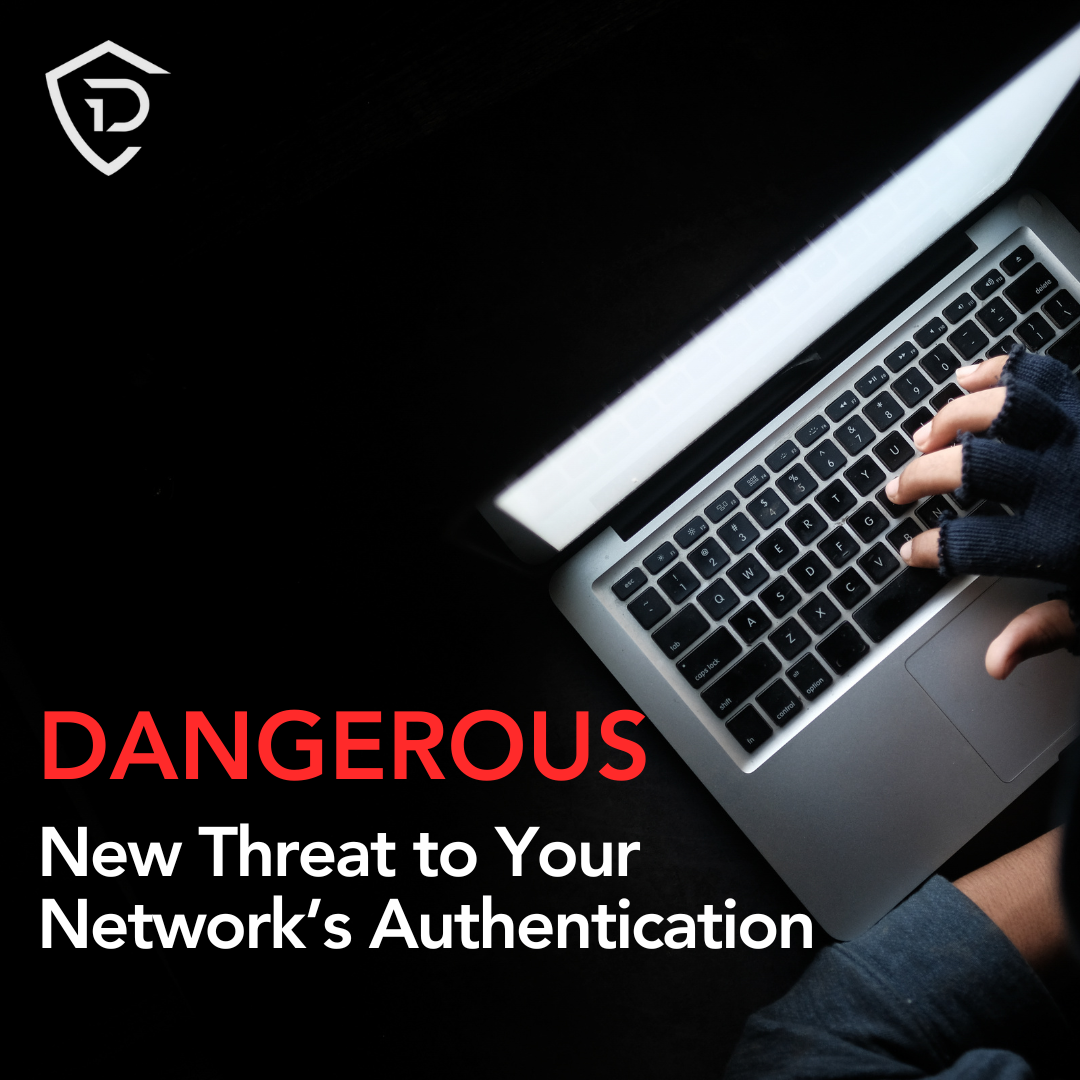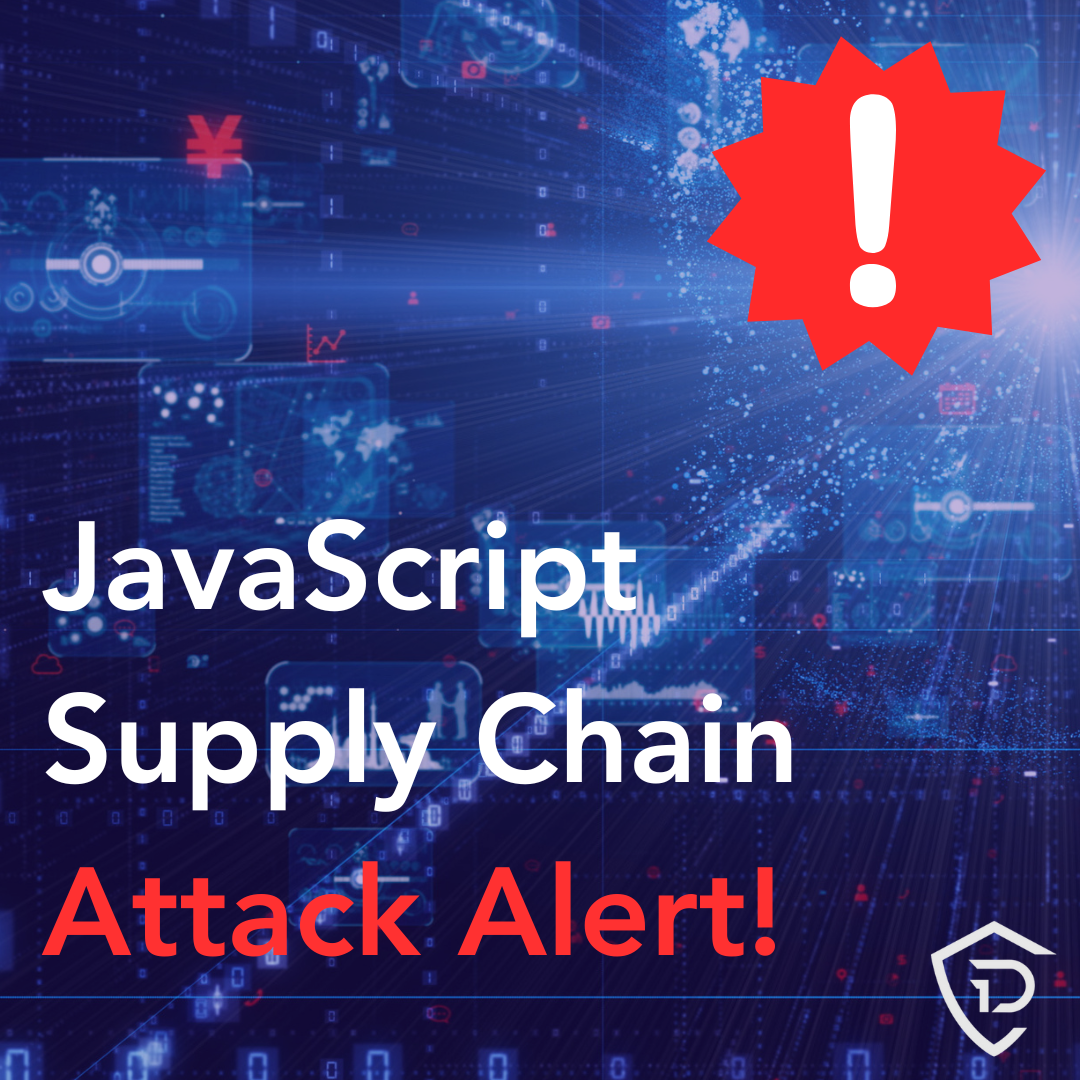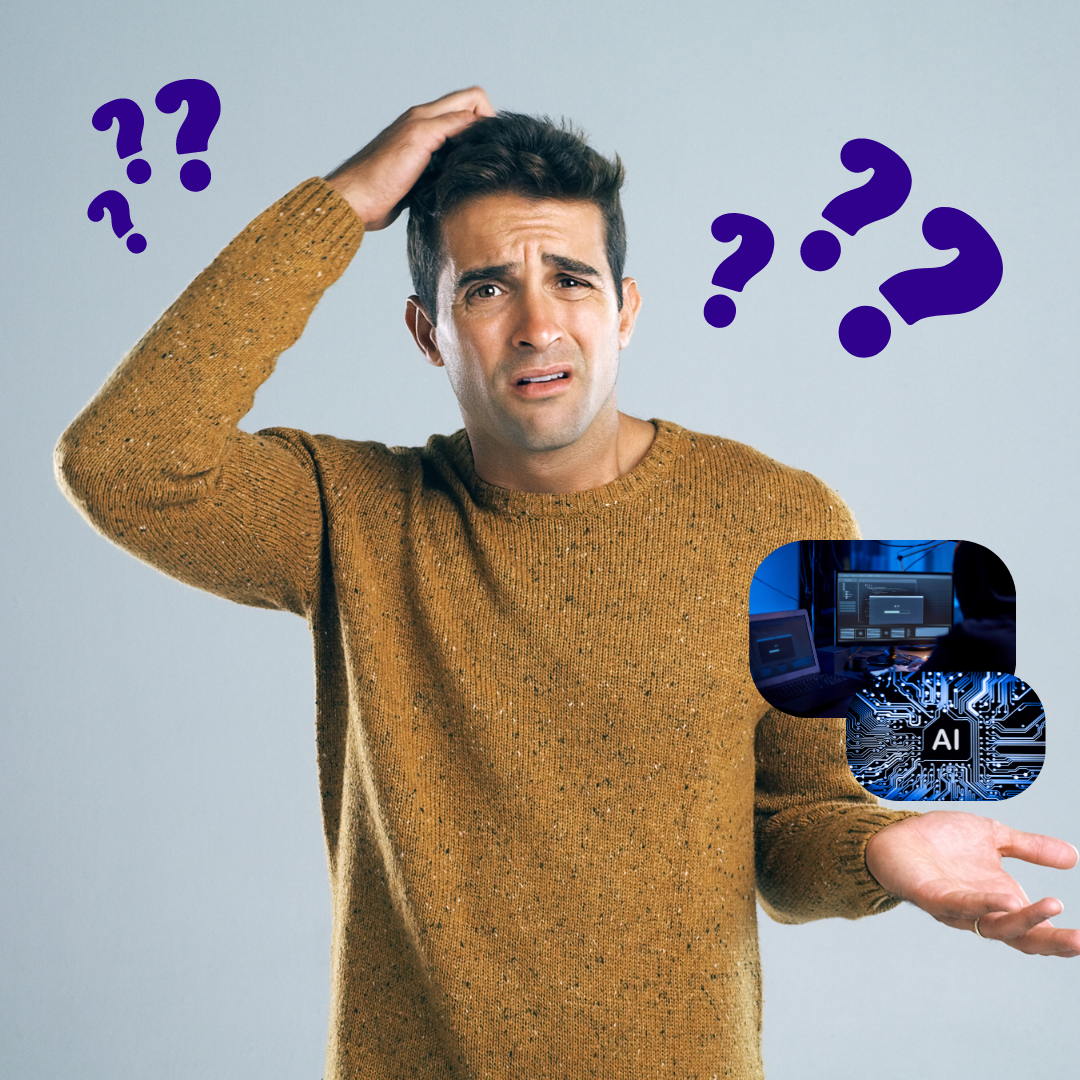Blog
Hackers Fool Multi-Factor Authentication
In the world of cybersecurity, change is the only constant. For many business owners, multi-factor authentication (MFA) has been the go-to option for extra security. But hackers today are more ingenious, working around the old systems that used to stop them. New tricks are emerging to get business data and customers’ sensitive information. MFA remains an essential to online security, but hackers are figuring out ways to bypass it.
Why Does This Matter for Your Business?
The danger is that hackers could take over your business account. Hackers who get past your MFA could get to your private business data. They could mess up your work, misuse your customer data, or even conduct fraud under your name. Just using MFA isn’t enough anymore.
MFA Weak Points
Here are possible vulnerabilities in the MFA system that businesses should know:
- Social Engineering. Hackers trick users into giving away their MFA codes by pretending to be someone they trust, like customer service or IT support.
- Stealing Codes. Threat actors steal your password or security code by intercepting your messages with the security team.
- MFA Prompt Bombing. Hackers will send too many security requests, so you click “approve” to stop the alerts. Once you do, the hacker, who started the prompts, gets access.
- SIM Card Swapping. This happens when a hacker fools your phone company into giving your phone number to their SIM card. They can then steal security codes sent by text.
- Malware. Threat actors can use harmful software to get to your device and steal MFA data through bad apps, email attachments, or unsafe websites.
Strengthening Your MFA Strategy
Rethink how you manage your online security by enhancing password hygiene and promoting a culture of alertness. Use different, tough-to-guess passwords for more secure processes. Train your team to recognize when someone is trying to steal their info. Educate them about the latest tricks used by hackers. Keep your systems and security software updated. Updates often include fixes for new threats. In addition, consider using controls that limit unsuccessful login attempts. This can stop attacks and protect against account lockouts.
A Layered Defense Is Your Best Offense
MFA is an integral part of your strategy to stay safe online. However, it shouldn’t be your only security strategy. Knowing how hackers get past extra security and staying informed about new cyber threats helps you protect your business. Create a robust security system with many layers. Ultimately, it is all about staying one step ahead of the hackers.
